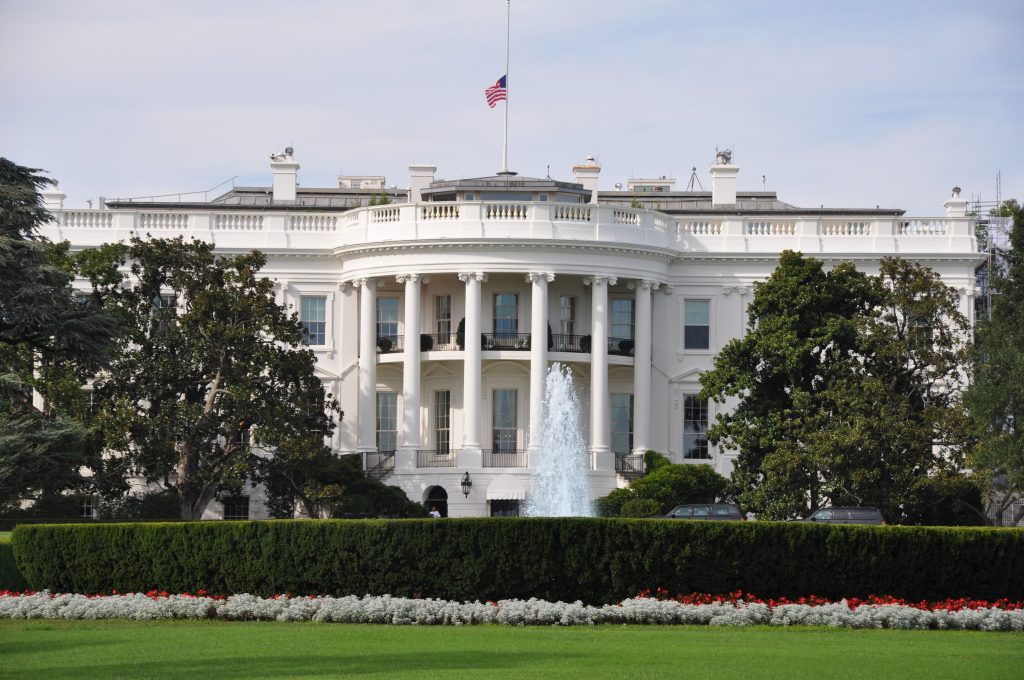On March 6, 2017, President Trump issued an Executive Order (EO) with an effective date of March 16, 2017 that repeals the prior EO discussed below. Here are five key takeaways:
- The updated travel ban does not include Iraq, but does include Syria, Iran, Libya, Somalia, Sudan and Yemen.
- The updated travel ban does not include lawful permanent residents or foreign nationals with valid visas.
- The EO also contains provisions for waivers for certain foreign nationals from the six countries listed in the travel ban. Applicants for waivers must establish that: (i) denying entry during the suspension period would cause undue hardship; (ii) his or her entry would not pose a threat to national security; and (iii) his or her entry would be in the national interest.
- The EO also suspends the entry of all refugees for 120 days and limits the total number of refugees in the fiscal year 2017 to 50,000. Unlike the prior EO, the updated version does not suspend the admission of refugees from Syria indefinitely. Refugees who have already been approved and who are considered to be in transit to the United States prior to March 16, 2017 will still be admitted to the United States despite the ban.
- The EO suspends all Visa Interview Waiver Programs, only allowing exceptions for those foreign nationals applying for and traveling on diplomatic or diplomatic type visas. The India drop box program is included in the list of Visa Interview Waiver Programs that has been suspended.



